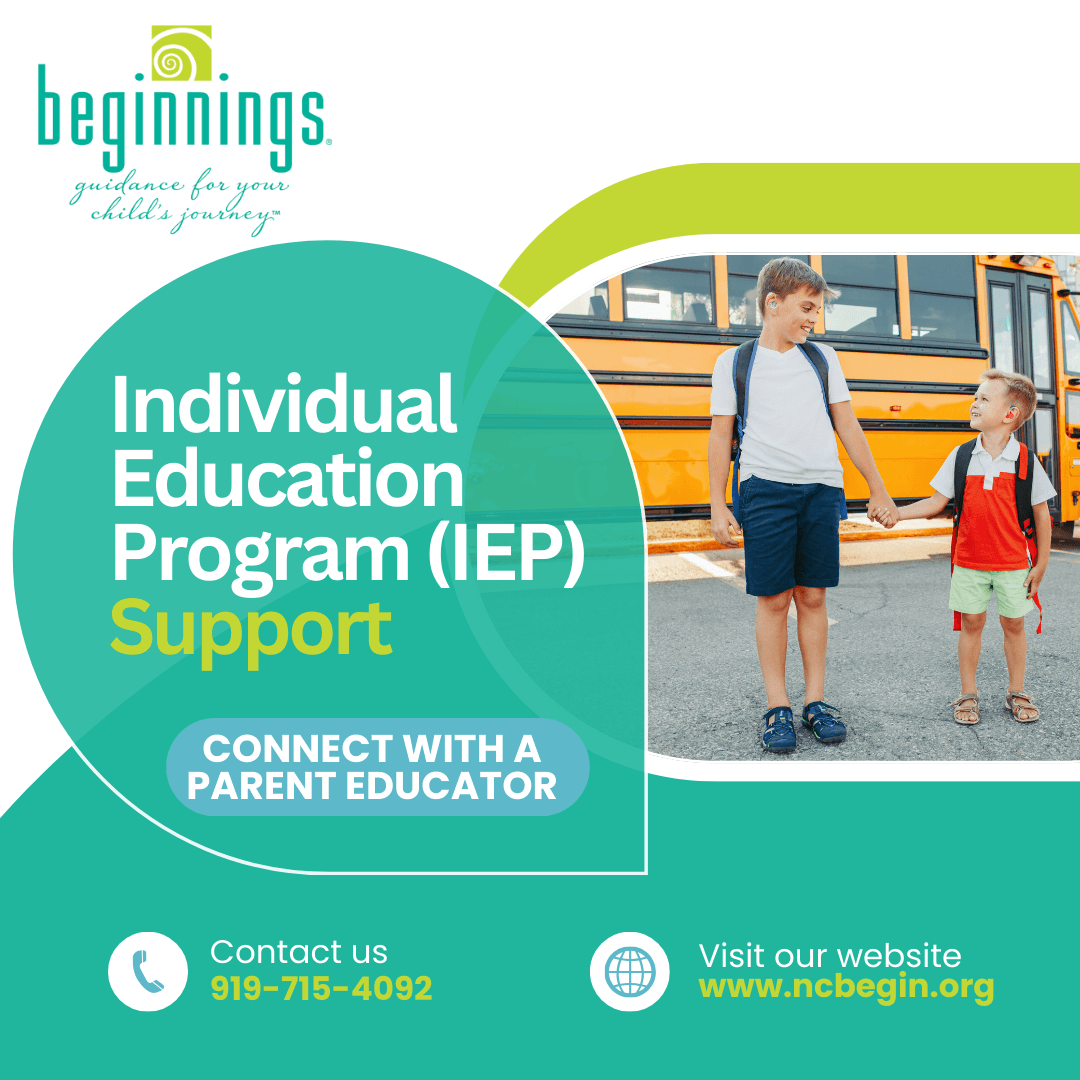
For families of children who are Deaf or Hard of Hearing, an Individualized Education Program (IEP) is more than just a document--it’s a roadmap for success. This plan ensures that your child receives the accommodations and support they need to access education alongside their peers.
As we reach the midpoint of the school year, it’s important for families to take a step back and reflect: Is my child’s plan working effectively? A lot can change in a few months—children grow, learning expectations shift, and new challenges or strengths may emerge. That’s why a mid-year IEP check-in can help ensure that your child is getting the support they need to thrive both academically and socially.
Why a Mid-Year Check-In is Essential
An IEP is designed to be a living document, meaning it should evolve based on your child’s progress and needs. Here’s why a mid-year review is so important:
- Assessing Progress Toward Goals
Every IEP includes specific and measurable goals for a child’s development. These might relate to speech and language skills, self-advocacy, social interaction, literacy, or access to auditory or visual information.
At the mid-year point, ask:
- Is my child making progress toward their goals?
- Are they on track, or do we need to make adjustments?
- Have any new challenges arisen that weren’t present at the beginning of the year?
Teachers and service providers should be collecting data on your child’s progress. Reviewing progress reports can help determine if the current plan is effective or if modifications are necessary.
2. Ensuring Accommodations and Services Are Effective
Children who are deaf or hard of hearing may require specific accommodations and services to access learning, such as:
- Assistive technology (Assistive Listening Devices, captioning, hearing aids, cochlear implants)
- Interpreters or CART services for communication access
- Preferential seating for better auditory or visual access
- A teacher of the Deaf/Hard of Hearing for direct instruction or support
- Speech therapy or audiology support
Over time, these accommodations and services may need to be adjusted. For example:
- Does my child still benefit from their current seating arrangement?
- Are they consistently using their assistive technology, or are there issues preventing them from doing so?
- Is captioning being used properly for videos and online content?
If something isn’t working, this is a great opportunity to collaborate with the school team to explore solutions.
3. Identifying Social-Emotional and Self-Advocacy Needs
Academic success is important, but so is a child’s social and emotional well-being. Many children who are deaf or hard of hearing face challenges in communication, friendships, and self-advocacy.
Consider these questions:
- Does my child feel included in class discussions and social activities?
- Are they comfortable advocating for their needs (e.g., asking for repetition or using their assistive technology)?
- Do they seem frustrated, withdrawn, or anxious about school?
If your child is struggling socially or emotionally, it may be time to revisit their plan to incorporate self-advocacy, peer support opportunities, or counseling services.
4. Strengthening Parent-School Communication
A mid-year check-in is a great time to strengthen communication between families, teachers, and service providers. Parents are the best advocates for their children, and regular communication ensures that concerns are addressed before they become bigger challenges.
If you have questions or concerns, consider requesting:
- An informal check-in with the teacher or case manager
- A progress report review to discuss your child’s development
- A formal IEP meeting to make necessary adjustments
BEGINNINGS Is Here to Support You!
Navigating the IEP process can feel overwhelming, but BEGINNINGS Parent Educators are here to help! We provide:
- Guidance on understanding your child’s plan and making informed decisions.
- Support in preparing for IEP meetings, so you feel confident advocating for your child.
- Resources on accommodations, communication strategies, and self-advocacy skills.
If you have concerns about your child’s IEP, you don’t have to navigate this process alone. BEGINNINGS is here to empower you with the knowledge, tools, and confidence to ensure your child has the support they need to succeed.
Contact BEGINNINGS today to connect with a Parent Educator!
Reach out to our team at 919-715-4092 or raleigh@ncbegin.org to connect with a Parent Educator and receive support for your child’s IEP.



